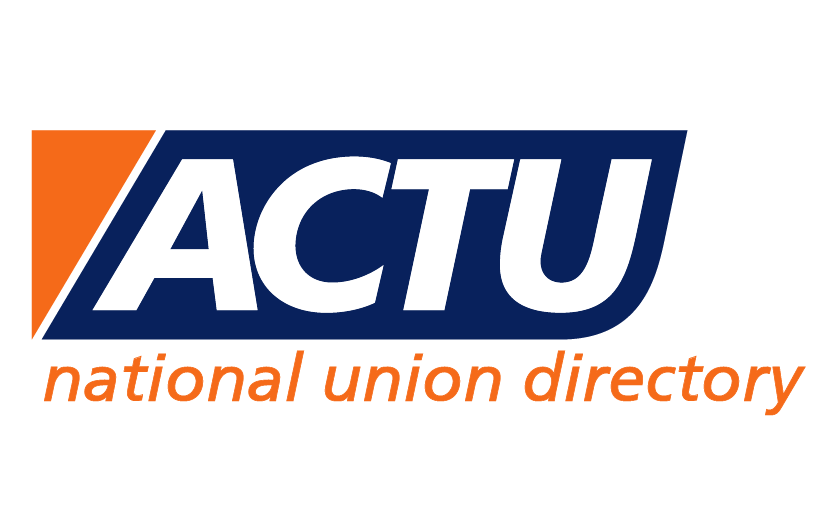INTRODUCTION AND EXECUTIVE SUMMARY
The purpose of our tax system is to generate sufficient revenue to provide the services the community expects, invest in our future prosperity and support a fair society with decent living standards for all.
We need a tax system that serves everyone, yet this government is prepared to sacrifice the community of tomorrow for the sake of the privileged today. It is willing to deplete the health, education, infrastructure and public services our community depends on to pay for tax cuts for the already wealthy and corporations who don’t currently contribute their fair share.
The argument promulgated by business groups that corporate tax cuts create jobs and improve living standards is simply not supported by the evidence. Recent modelling from the Treasury itself found that cutting the company tax rate by one percentage point would serve mainly to benefit company profits in the short term, with an increase in GDP of only 0.1% and growth in jobs less than 1% over two decades.
The actual determinants of investment are a highly skilled workforce, good infrastructure, quality public services, decent wages and high disposable incomes for strong consumer demand. A strategy for growth and investment that relies only on tax cuts for big business is short sighted and ill conceived. It merely highlights the government has no real economic plan.
Not only will the proposed corporate tax cuts generate little job growth, investment or improve the living standards of Australians, they will divert more than $51b of revenue (The Australia Institute estimates this will in fact blow out to $19.7b per annum after 2026-27) that could be used to invest in health, education, training, research, transport, communication, infrastructure and a raft of other public investments that are fundamental to building a strong community and a strong economy.
Seventy-five percent of the benefits the proposed personal income tax cuts for income earners (estimated to cost around $9.6b over the forward estimates) go to the top 10% of income earners. Half (47%) of the benefits go to the top 1% of income earners. These tax cuts for the top 25% of well-off Australians will be funded by budget cuts to public services and goods our whole community relies on and should not be supported.
The tax cuts proposed by these Bills are fundamentally unfair and clearly not in the national interest. The ‘trickle down’ logic of the government has always been flawed. It is outdated policy which is now widely understood to both widen inequality and hold back economic growth that creates quality jobs or improves living standards. This has been repeatedly confirmed by recent findings from the World Bank, OECD and the IMF that “when the rich get richer, benefits do not trickle down.”
Overseas experience shows that cuts which are unfairly targeted at low and middle income households, have hollowed out working and middle classes and, as a result, consumer demand; a crucial driver of economic growth that creates jobs and higher living standards. As well as being morally unjust, such policies have been proven to be economically unsound and inefficient.
The government’s own modelling suggests that corporate tax cuts could add 1%to GDP over multiple decades. Yet other modelling has found that reducing inequality and boosting low and middle income earning and consumption capacity would add $13.1 billion or 0.7% to GDP in just the next five years.
As Australia seeks to make the transition from the mining boom to a more sustainable future, it confronts several major challenges. Our past failure to fairly tax the resource sector and reinvest in infrastructure and innovation to develop long term industry, a better skilled workforce and quality public services means that we continue to face these enormous challenges today. And yet the government is on the verge of making the same mistake again.
Rather than pursuing tax cuts, which do not deliver significant job growth or improve our living standards, the government should be ensuring our tax revenue base is able to support investment in education, training, research, innovation, technology, transport, communication, infrastructure, renewable energy and public services which will equip us to face the challenges and opportunities ahead.







